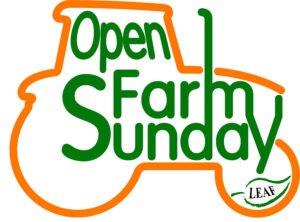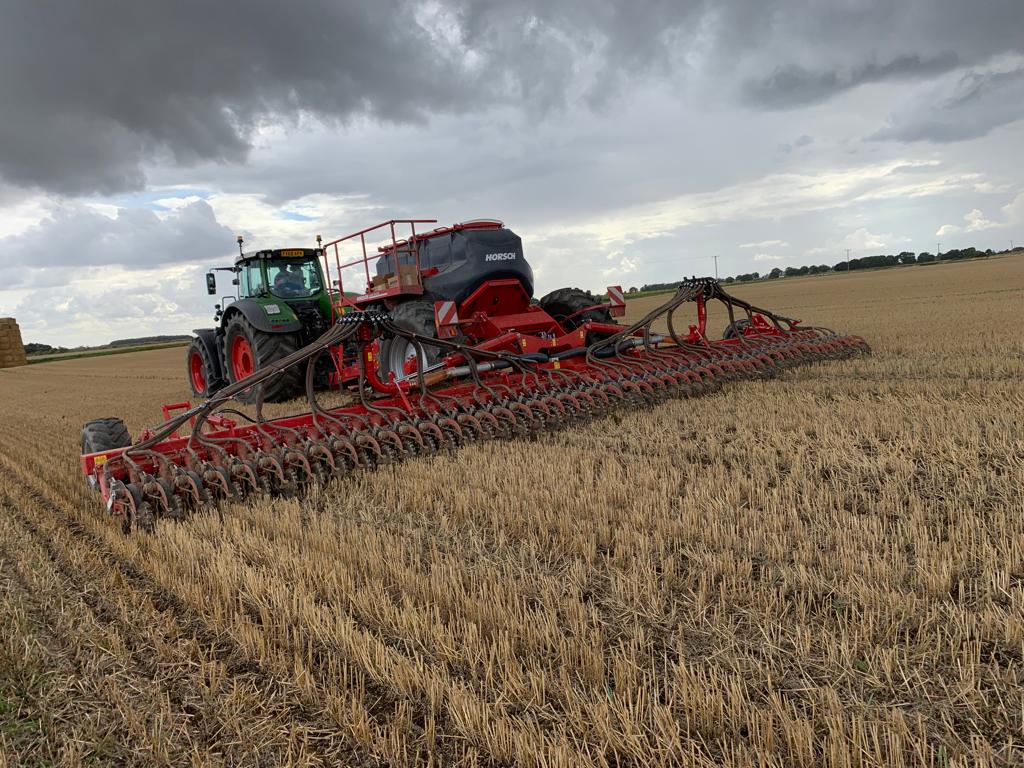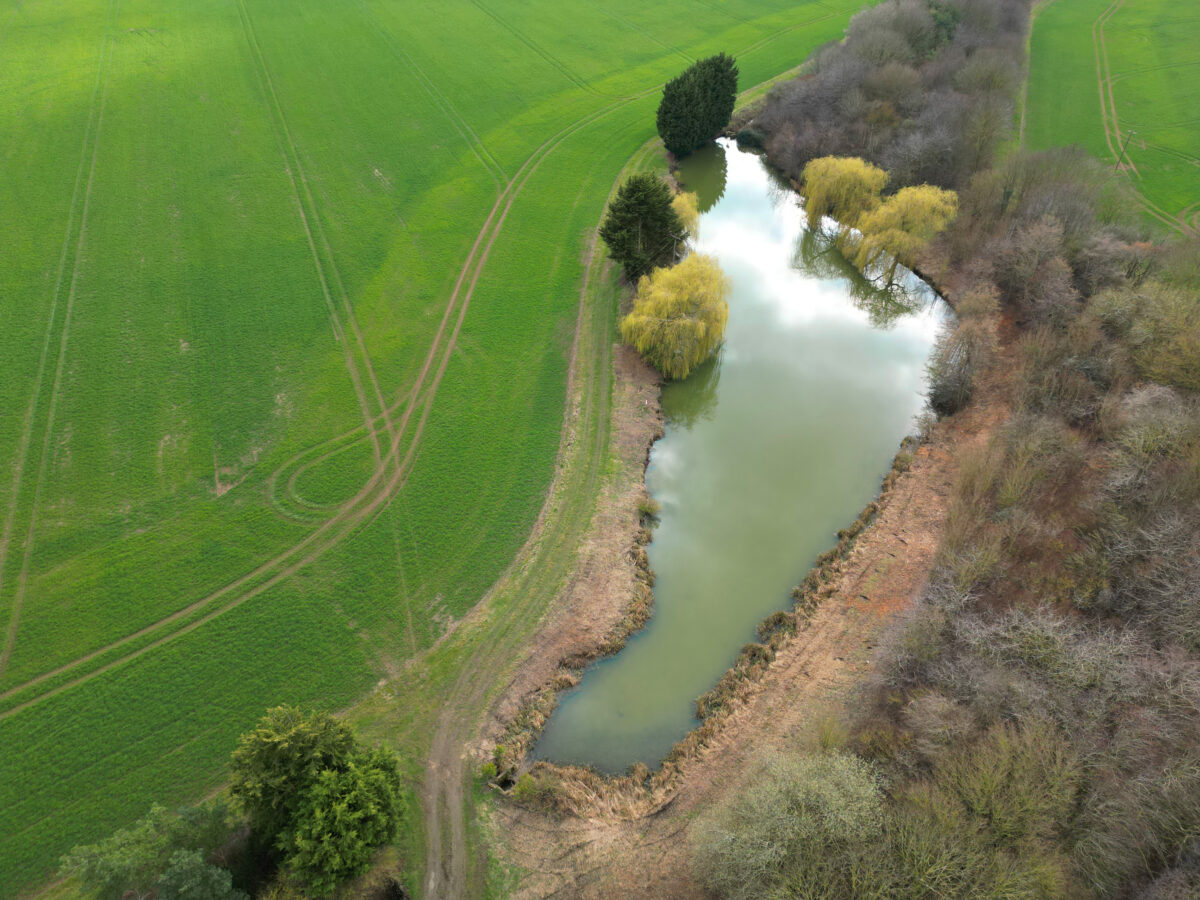Potato Days UK is coming
to Dyson Farming
Dyson Farming are excited to be hosting Potato Days UK, a brand-new event coming to the UK for the first time in 2024, which will bring an internationally proven programme.
Brought to you by the DLG, this event will showcase the complete potato production and supply chain on 4-5 September 2024 at Dyson Farming in Nocton, near Lincoln. Farmers, growers and professional visitors will be able to meet the experts, see the latest machinery in action and learn about the research and innovations that are driving this highly valuable sector. This is a free to attend event with registration in advance.
Dyson Farming Research will be a lead partner in delivering knowledge exchange, technical programme, networking opportunities, panel discussions and seminars at the event.
Potato Days UK will include:
- Total site area of 20 Ha.
- High quality inside trade stand space for over 100 exhibitors.
- Outdoor static display spaces.
- Trial plots and technical demonstrations.
- 15 Ha of live demonstrations including harvesting, load line and handling.
A professional showcase for the whole potato supply chain with exhibitors representing:
- Potato cultivation, harvesting and storage machinery.
- Machines for treating, packaging and processing.
- Research and consulting.
- Marketing and trade of potatoes, seed breeding and related inputs
The Estate Office,
Cyclone Way, Nocton,
Lincoln LN4 2GR
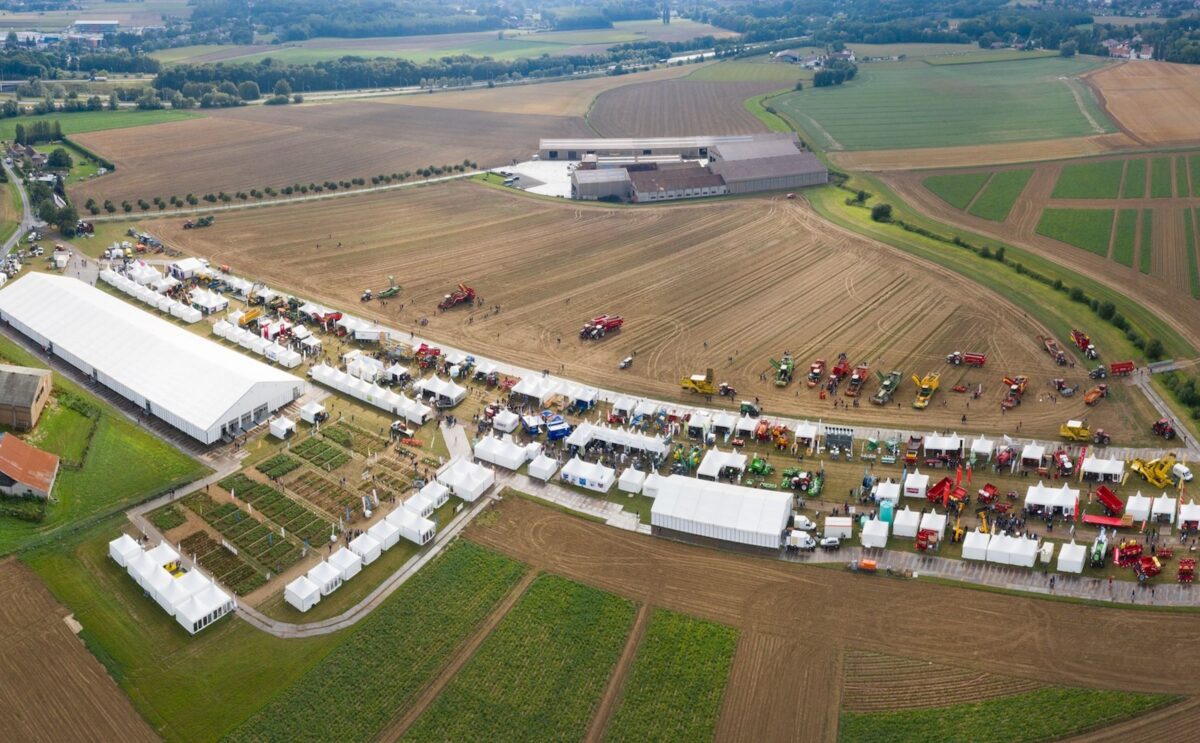
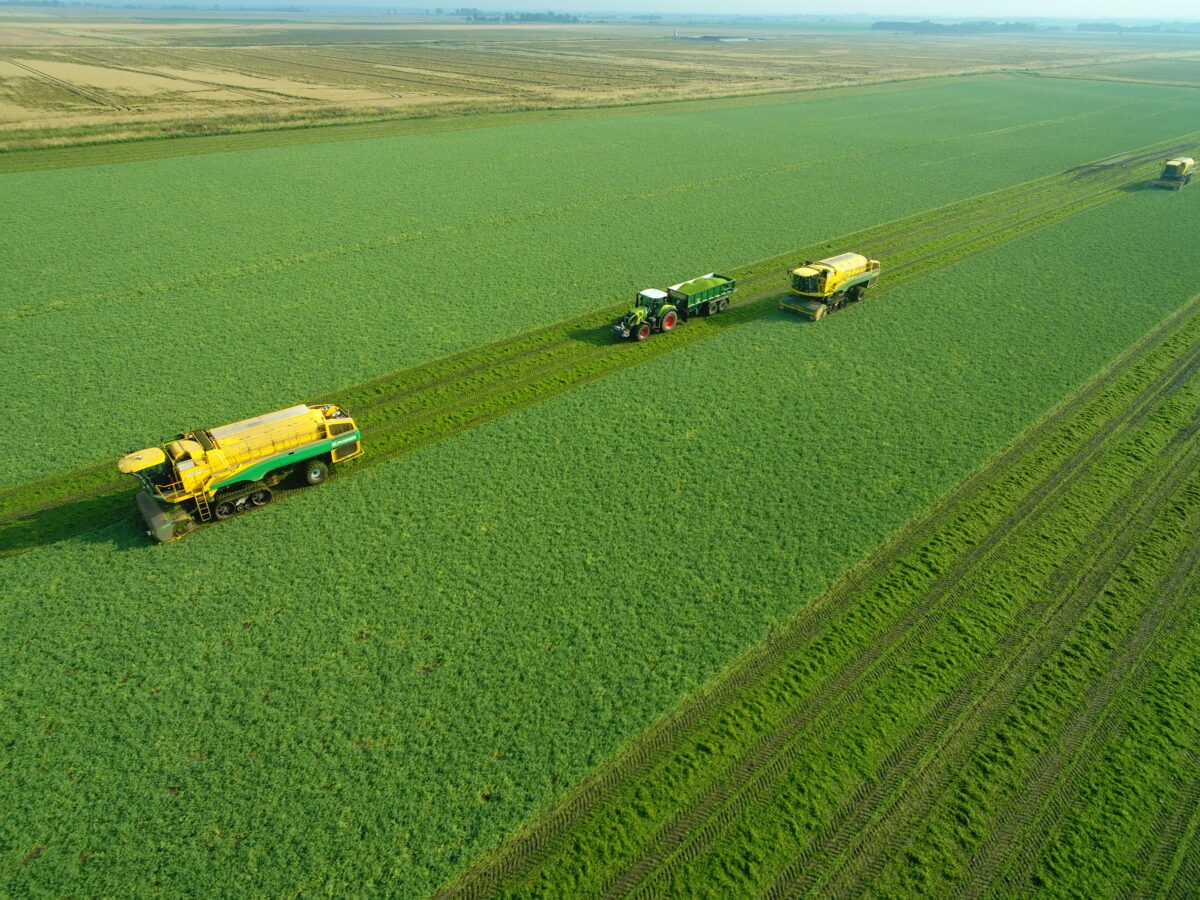
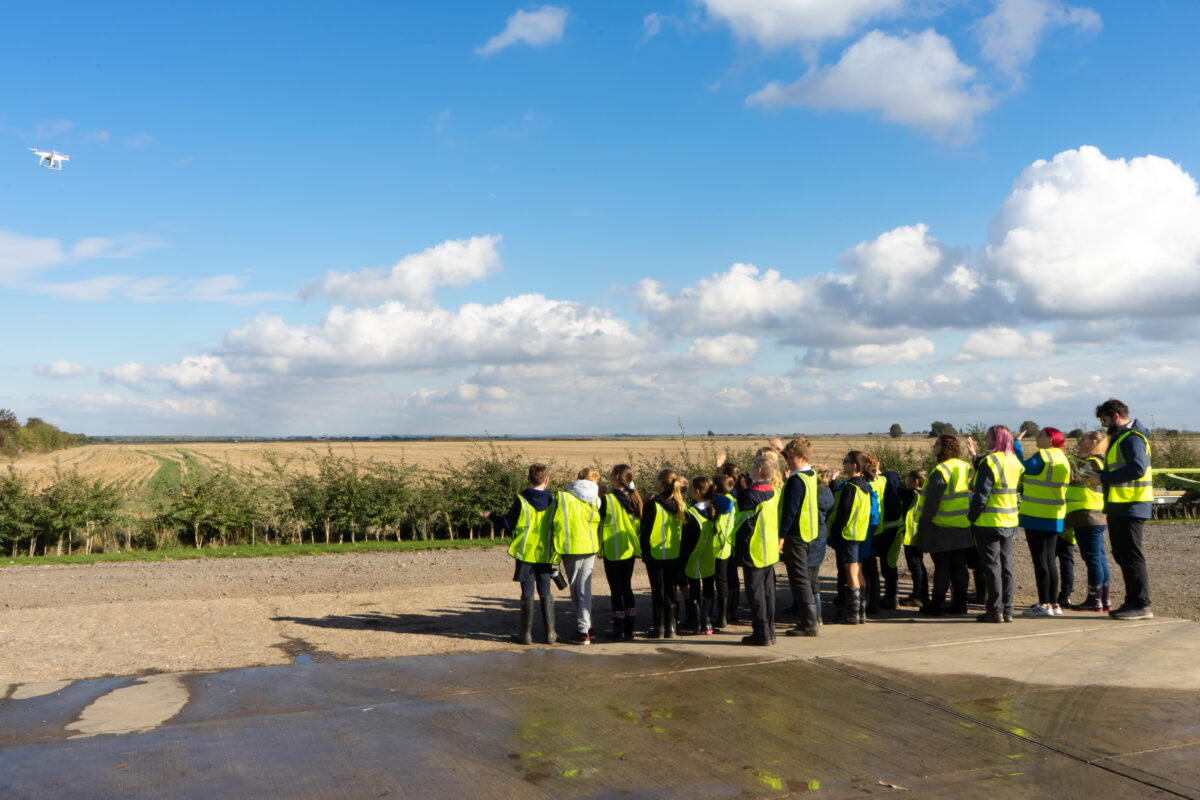
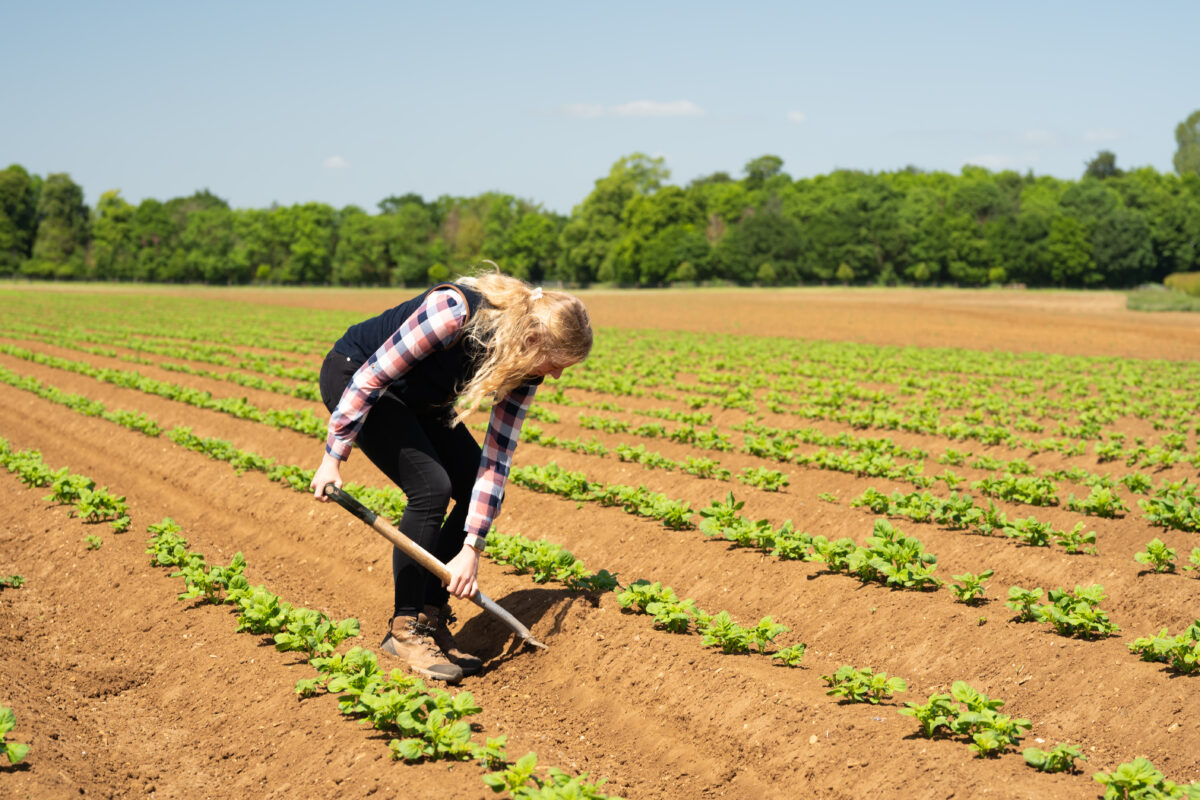
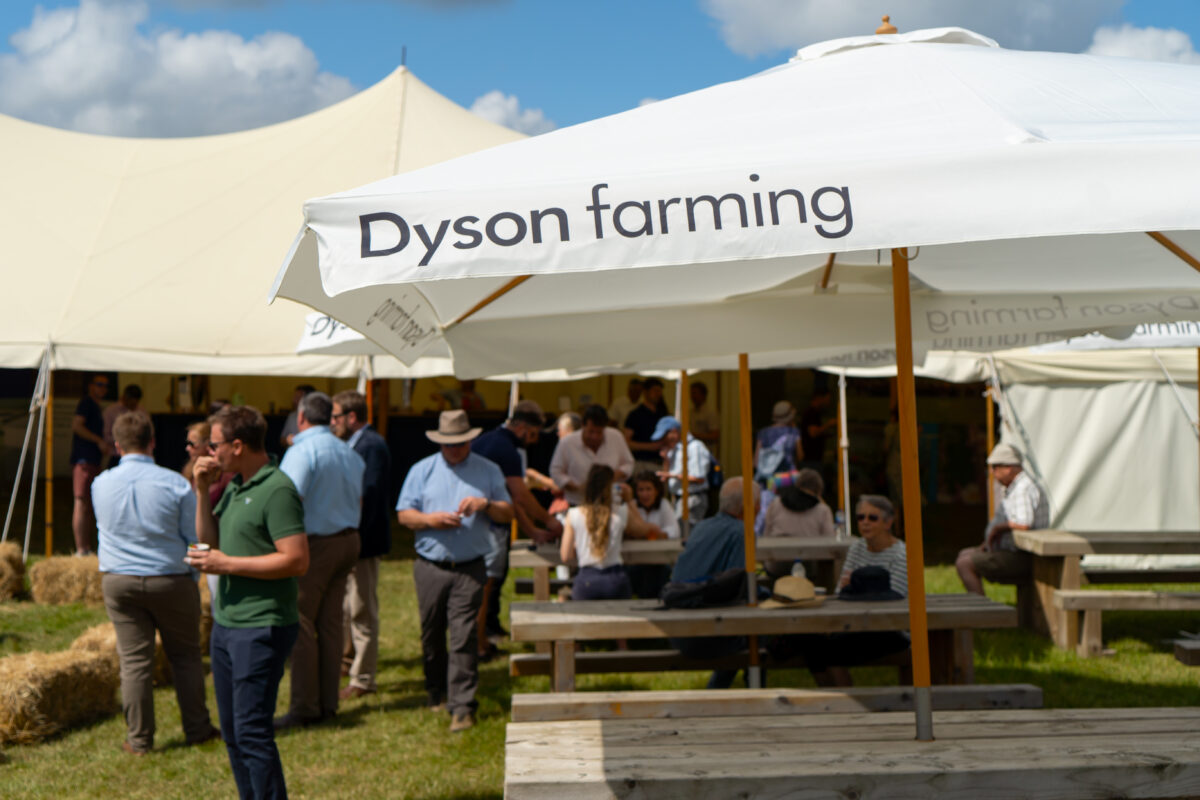

 21–22 June 2023
21–22 June 2023 8.00 am – 6.00 pm
8.00 am – 6.00 pm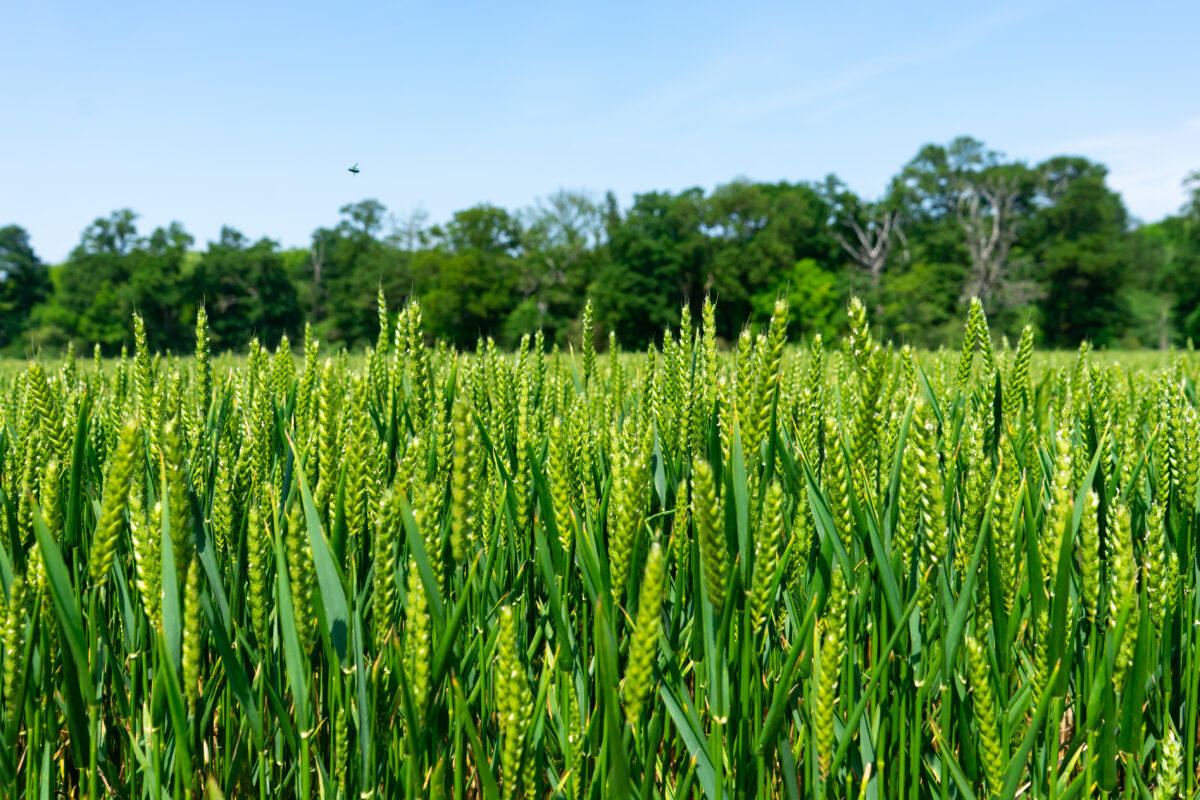
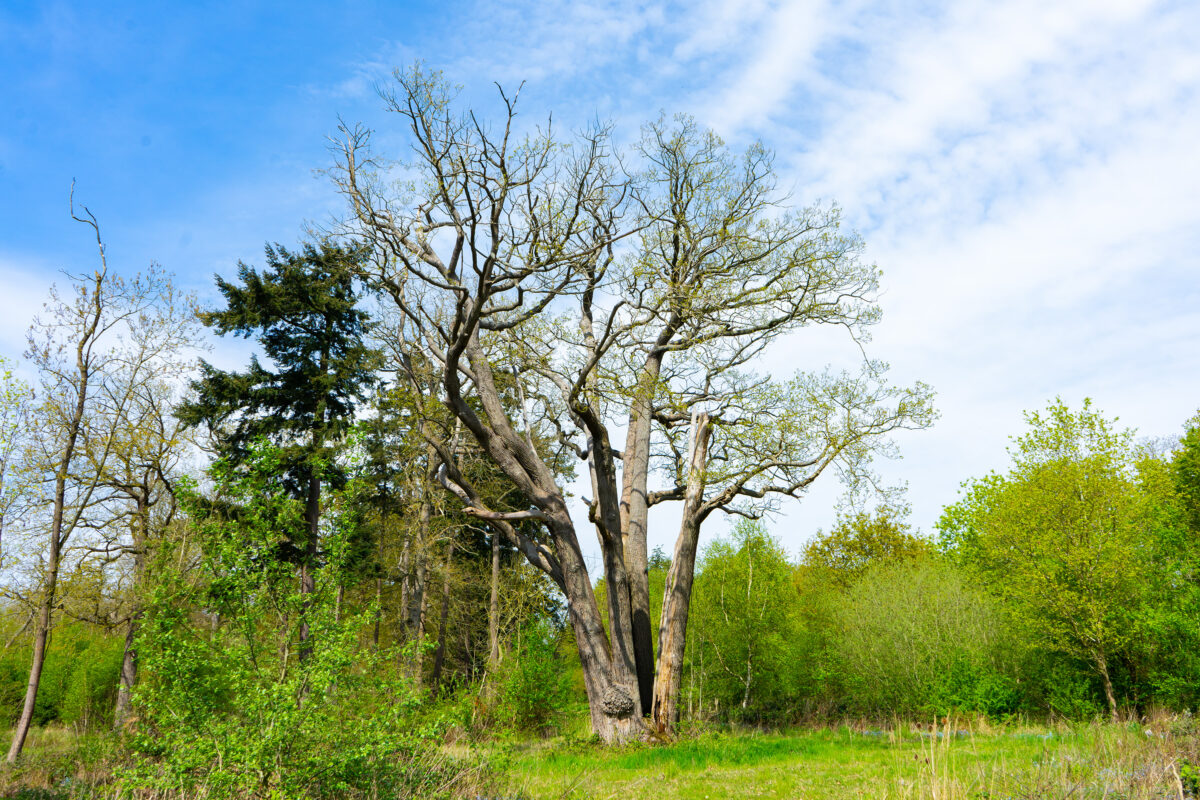
 Free
Free